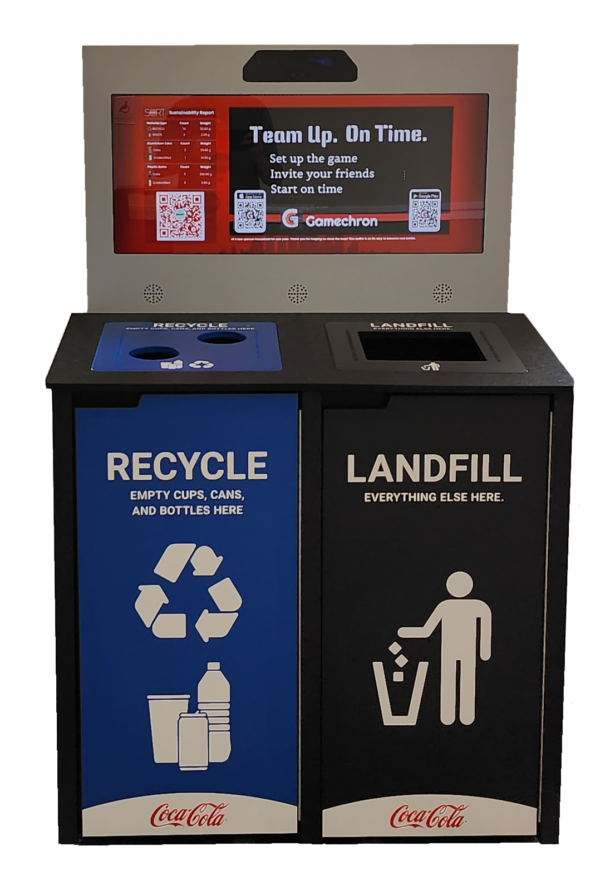In a world grappling with the consequences of excessive waste generation, finding innovative solutions to improve waste management and promote sustainability has become imperative. One such solution that is gaining momentum is the integration of artificial intelligence (AI) in recycling bins. AI-powered recycling bins are revolutionizing the way we manage waste, offering a range of benefits that go beyond traditional recycling methods. In this blog post, we will explore how AI recycling bins are shaping the future of waste management and driving sustainability.
One of the key advantages of AI recycling bins is their ability to accurately sort different types of waste. Traditional recycling bins heavily rely on human intervention, leading to inconsistencies in sorting and contamination of recyclables. With AI technology, these bins use sensors and cameras to identify and separate different materials such as paper, plastic, glass, and metal with precision. This improved sorting accuracy enhances the efficiency of recycling processes, ensuring that valuable resources are not lost due to contamination.
AI recycling bins are equipped with sophisticated sensors that allow for real-time monitoring of waste levels. This feature enables waste management authorities to optimize collection routes and schedules, reducing unnecessary pickups and minimizing carbon emissions from collection vehicles. Moreover, the data collected by AI recycling bins can be analyzed to identify patterns and trends in waste generation, helping policymakers make informed decisions regarding waste management strategies, recycling campaigns, and infrastructure development.
AI recycling bins have the potential to engage and educate individuals about the importance of recycling. These smart bins can display informative messages, statistics, and even interactive games on digital screens, encouraging people to properly dispose of their waste and recycle more. By making recycling a more interactive and rewarding experience, AI recycling bins help foster a culture of sustainability and encourage behavioral changes that lead to a cleaner environment.
Contamination of recyclables is a significant challenge in traditional waste management systems. AI recycling bins can help address this issue by utilizing machine learning algorithms that constantly improve the sorting process. By accurately separating different materials, AI recycling bins reduce contamination, ensuring that recyclables are sent to the appropriate facilities for processing. This, in turn, minimizes the amount of waste sent to landfills, thus preserving precious land and reducing the environmental impact of waste disposal.
AI recycling bins contribute to the circular economy by promoting resource recovery. By efficiently sorting waste, these bins ensure that valuable materials are reclaimed and reused, reducing the need for virgin resources. This not only conserves natural resources but also reduces energy consumption and greenhouse gas emissions associated with the extraction and production of new materials. AI recycling bins play a vital role in closing the loop and transforming waste into valuable resources.
As we strive towards a more sustainable future, AI recycling bins are emerging as a game-changer in waste management. With their ability to accurately sort waste, provide real-time monitoring, promote recycling awareness, reduce contamination, and enhance resource recovery, these smart bins are revolutionizing sustainability efforts. By harnessing the power of artificial intelligence, we can optimize waste management systems, conserve resources, and create a cleaner and greener planet for generations to come.




